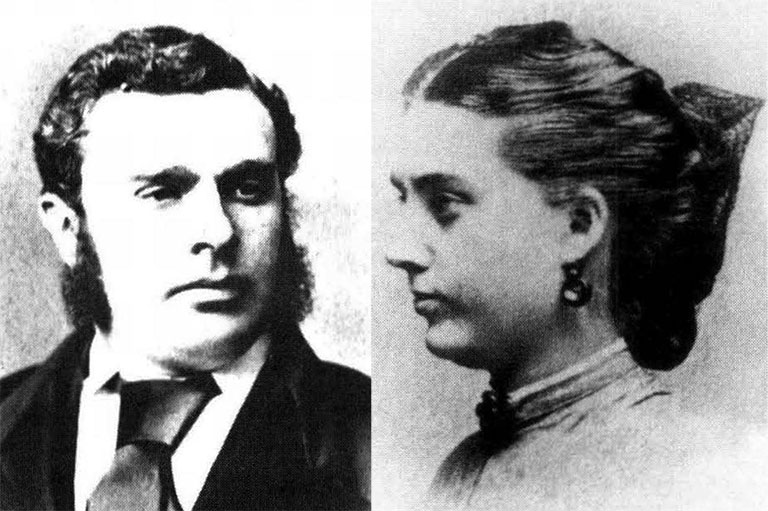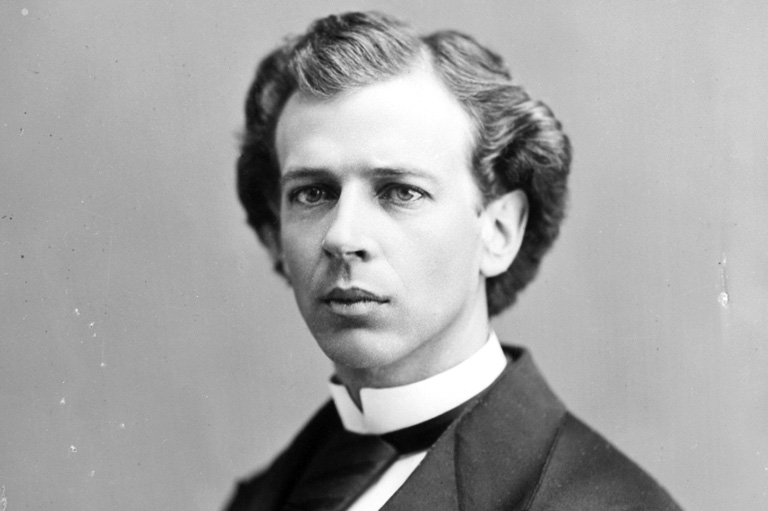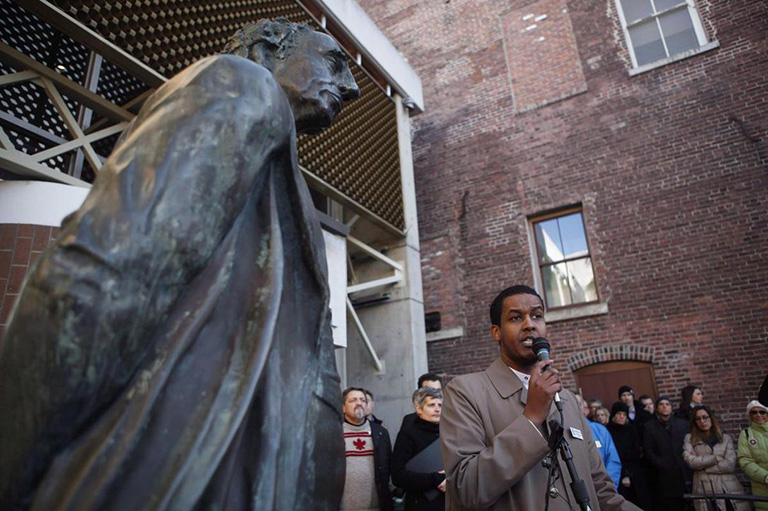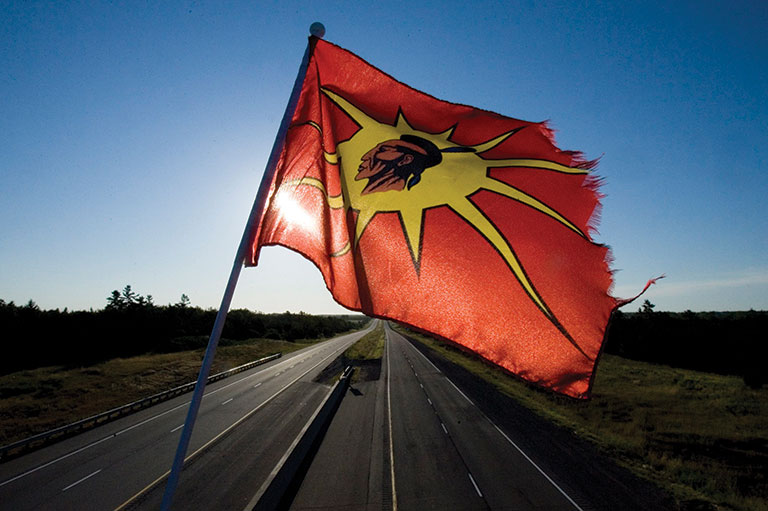Six issues for ONLY $29.95! Save almost 40% off the cover price!
A Day for Laurier
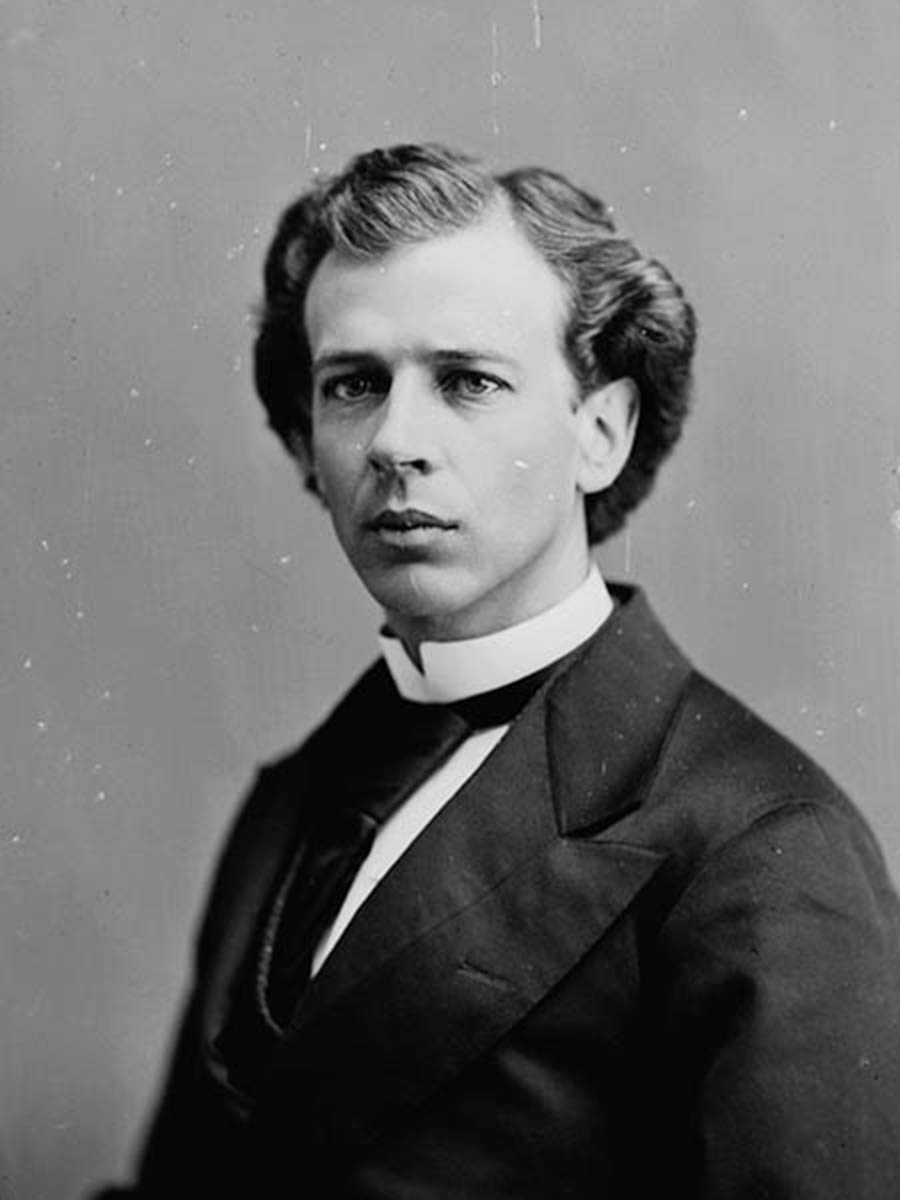
Like Sir John A. Macdonald, Laurier is officially recognized every year on his birthday.
The Sir John A. Macdonald Day and Sir Wilfrid Laurier Day Act enacted in 2002 recognizes January 11 and November 20 as the official days of Canada’s first and seventh prime ministers respectively. Neither day is a holiday, however.
Laurier today is remembered as the prime minister who unified the country during a period of unprecedented growth and immigration.
As a French Canadian, he doubted it was possible to become prime minister of a predominantly English-speaking country. Yet he accomplished the seemingly impossible in 1896 and held office for a remarkable fifteen years, the longest unbroken stretch of any prime minister.
Tremendously popular in his time, Laurier continues to be respected today. Historians have consistently ranked Laurier among the top three of Canada’s prime ministers — the others being Macdonald and William Lyon Mackenzie King.
One of Laurier’s outstanding attributes was his way with words. Here are some of his quotable quotes:
On entering federal Cabinet: From a letter to a friend in 1875: “I feel very reluctant to do it. I am at present quiet and happy. The moment I accept office, I will go into it actively and earnestly and from that moment my quietness and happiness will be gone.”
On civil rights: From a speech on political liberalism, Quebec, June 26, 1877: “We have no absolute rights among us. The rights of each man, in our state of society, end precisely at the point where they encroach upon the rights of others.”
On French-English politics: From a speech in Montreal on May 19, 1884: “For us, sons of France, political sentiment is a passion; while, for the Englishmen, politics are a question of business.”
From a speech to the Toronto Board of Trade, January 5, 1893: “If I were not French I would choose to be — Scotch.”
On ”sunny ways”: In 1895 when Conservative Prime Minister Mackenzie Bowell tried, unsuccessfully, to force the Manitoba government to reinstate Catholic schools for its francophone population. Laurier, who was then the opposition Liberal leader, called for a softer approach. He used a metaphor from an Aesop’s fable in which the sun, representing kindness, and the wind, representing severity, hold a contest to see who can remove a traveller’s coat. The wind’s bluster causes the traveller to wrap his cloak more tightly around him, whereas when the sun comes out, its warm rays cause the man to become hot and to gladly remove his outerwear. “Well, sir, the government are very windy….,” said Laurier. “If it were in my power, I would try the sunny way … Do you not believe that there is more to be gained by appealing to the heart and soul of men rather than to compel then to do a thing?”
On unity: From a speech to House of Commons on March 13, 1900: “If there is anything to which I have given my political life, it is to try to promote unity, harmony and amity between the diverse elements of this country. My friends can desert me, they can remove their confidence from me, they can withdraw the trust which they have placed in my hands; but never shall I deviate from that line of policy.”
On Canada’s place in history: From a speech to the Canadian Club in Toronto on January 18, 1904: “As the, 19th century was that of the United States, so I think the 20th century shall be filled by Canada.”
On facing conflicts around race, religion, and language: From a speech in London, Ontario, November, 1917, during the closing years of his life: “Let me tell you that for the solution of these problems you have a safe guide, an unfailing light if you remember that faith is better than doubt and love is better than hate. Banish doubt and hate from your life. Let your souls be ever open to the promptings of faith and the gentle influence of brotherly love. Be adamant against the haughty, be gentle and kind to the weak.”
Laurier died of a stroke in February 1919. In a huge outpouring of grief, about 50,000 people attended his funeral in Ottawa.
Themes associated with this article
Advertisement


